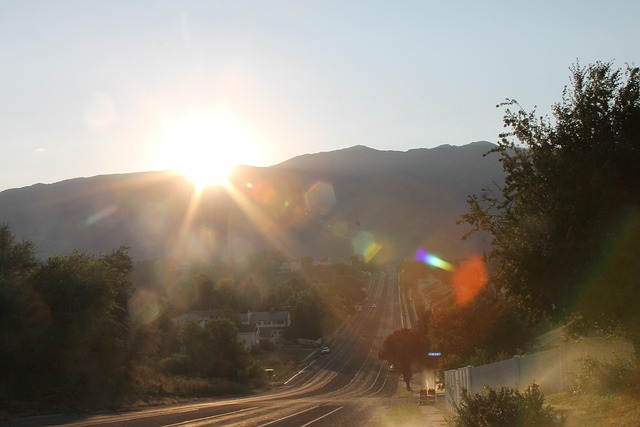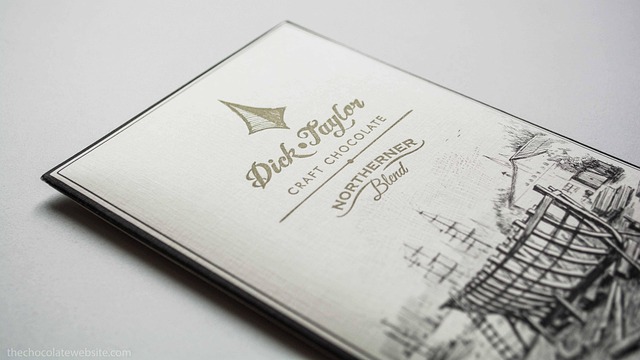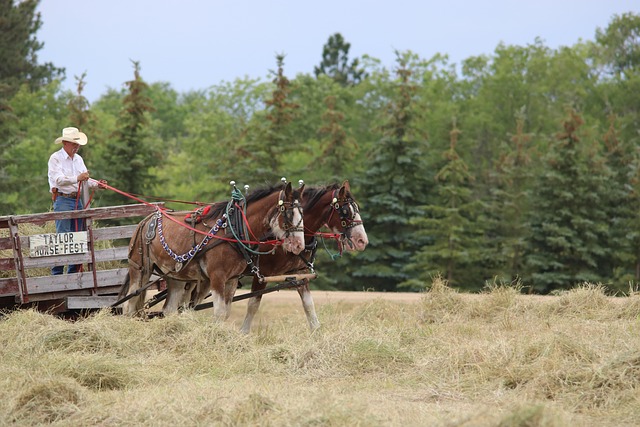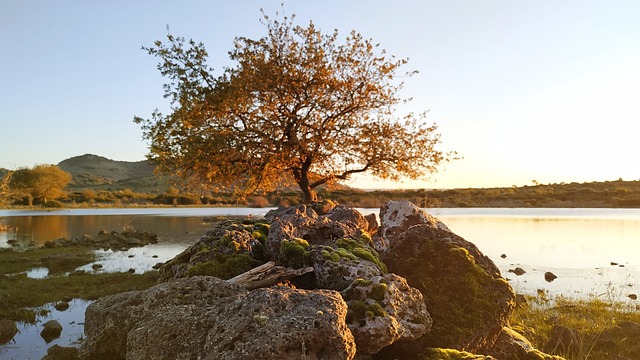In a competitive real estate market, preserving traditional values is key to community preservation and cultural heritage conservation. Historic buildings, neighborhoods, and landmarks tell stories of past generations, fostering community bonds and cultural practices that define locations over time. Developers leverage this heritage through adaptive reuse, storytelling, and naming conventions, appealing to younger buyers seeking both modern amenities and rich history. Collaboration between developers and conservationists ensures these architectural wonders are restored, boosting local economies through tourism and cultural events while enriching residents' lives.
In a world where modernity often overshadows tradition, the celebration of traditional values and pioneer heritage in real estate stands out as a vibrant thread weaving through history. This article explores how these timeless principles influence and shape today’s market dynamics. From honoring past legacies to preserving cultural heritage, we delve into the unique selling points and responsibilities that real estate developers bear in carrying forward our collective heritage.
Honoring the Past: How Traditional Values Shape Real Estate Heritage

In the realm of real estate, traditional values play a pivotal role in shaping heritage and history. When communities embrace their past, they lay the foundation for a unique and vibrant future. Every historic building, old neighborhood, and cultural landmark tells a story, reflecting the values and beliefs of earlier generations. These structures become tangible connections to our ancestors’ lives, serving as reminders of their struggles, triumphs, and aspirations.
Honoring traditional values in real estate involves preserving architectural styles, community bonds, and cultural practices that have defined a place over time. It means recognizing the significance of each era’s contributions to the built environment. For instance, adapting older buildings for modern uses while retaining their historical character showcases respect for both the past and present. This approach fosters a sense of continuity, making communities feel rooted and connected to their heritage, which is essential for attracting residents and visitors alike in today’s competitive real estate market.
Pioneer Spirit in Modern Markets: A Unique Selling Point for Real Estate Developers

In today’s competitive real estate market, developers are constantly seeking unique selling points to distinguish their projects. One unexpected yet powerful strategy is tapping into the pioneer spirit—a connection to traditional values and a sense of heritage. This approach offers a fresh perspective for modern living spaces, appealing to buyers who appreciate not just what a home offers but also its story and roots. By embracing and promoting this pioneer heritage, developers can create a niche market appeal, fostering a sense of community and belonging among residents.
The real estate industry has seen a growing interest in places that tell a narrative, where buildings and neighborhoods bear the marks of their past while offering contemporary amenities. This blend of old and new is particularly attractive to younger generations who often seek meaningful connections with their surroundings. Incorporating elements that echo pioneer days—whether through architectural designs, community events centered around local history, or even naming conventions—can set a development apart, becoming a desirable destination for those seeking more than just four walls.
Preserving History: The Role of Real Estate in Celebrating and Protecting Cultural Heritage

In the realm of cultural heritage preservation, real estate plays a pivotal role in celebrating and safeguarding traditional values. Historic buildings and properties act as tangible links to our past, serving as living testaments to pioneering heritage. By recognizing their significance, communities can preserve architectural wonders that tell stories of bygone eras, fostering a deeper connection with their roots.
Real estate developers and conservationists work hand-in-hand to ensure these cultural treasures are protected for future generations. Restoring and repurposing historic sites not only preserves history but also stimulates local economies through tourism and cultural events. This harmonious balance between development and preservation ensures that traditional values remain an integral part of our urban landscapes, enriching the lives of folks who call them home.






